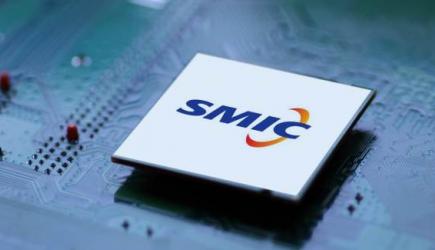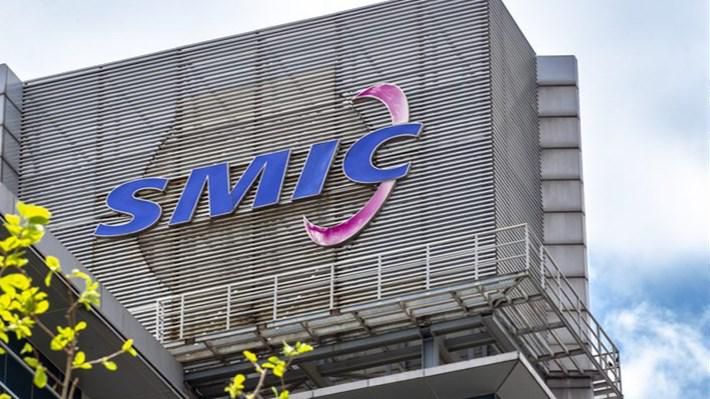US vetoes SMIC, China’s largest semiconductor manufacturer. The United States targets China’s tech industry again. They once again vetoed a company, this time it is SMIC, the largest chip manufacturer in China.
SMIC is one of the most important actors in the Chinese government’s plans to boost a strong and independent processor industry, but Donald Trump’s policy can make it very difficult for them.
- LG and Samsung won’t provide Huawei panels anymore
- Samsung might stop supplying chips to Huawei due to US veto
- Judge temporarily blocks Trump administration ban on TikTok downloads
The US Department of Commerce considers SMIC’s technology “an unacceptable risk” due to its possible military. This might cause them to apply trade restrictions to the manufacturer. Currently, its production represents 16% of the processors used in China, but by 2025 it is expected to be 70%. This is why the US vetoes SMIC, they see the company as a great risk.
A week ago it was reported that SMIC, as well as other companies, had requested a license from the US to be able to trade with Huawei. The veto imposed on the mobile phone manufacturer prevented Chinese companies from collaborating because they are also using components from American companies such as Qualcomm. Furthermore, this new veto will also affect the US manufacturer that uses SMIC semiconductors to manufacture some of its processors.

The United States, on the other hand, defends that these measures seek the protection and security of the country against other companies. However, SMIC in a statement states that they “manufacture semiconductors only for civil and commercial end-users.” The company denies having any relationship with the Chinese military.
It seems more likely that the US administration is trying to isolate Chinese technology from any international collaboration. The intervention of Secretary of State, Mike Pompeo, to convince the Netherlands not to sell its extreme ultraviolet (EUV) lithography technology manufactured by the Dutch company ASML to China is a new obstacle for the Chinese chip industry.
Another reason that has encouraged the United States to take this decision is the announcement made by SMIC in August presenting the new Management Committee of the Beijing Economic and Technological Development Area (BDAC). This project received an investment of 7.6 billion dollars and aims to manufacture 12 nm wafers and help other Chinese manufacturers to overcome US restrictions.
US vetoes SMIC and one of the first consequences of this new market veto will be to blow up SMIC’s strength in its competition with companies such as TSMC and Samsung Electronics, also semiconductor manufacturers from Taiwan and South Korea respectively.





